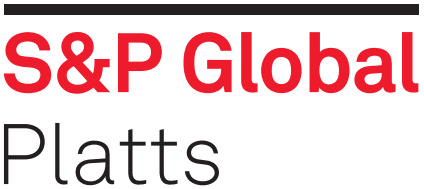
SSAB’s operating profit for the third quarter totaled SEK 300 million ($31 million), down from SEK 1,600 million in Q3 2018.
Demand for SSAB Special Steels weakened during the quarter, primarily in Europe. Shipments declined and operating profit at SEK 358 million was down from SEK 536 million in Q3 2018.
Margins declined during the quarter mainly due to higher iron ore costs, the company said during its earnings presentation.
SSAB said European demand was seasonally lower and weaker business conditions meant that the decline was more pronounced. Iron ore prices decreased in late Q3, which will lead to lower raw material costs in Q4.
SSAB Americas Q3 operating profit decreased to SEK 522 million from SEK 790 million, primarily due to lower realized prices. Demand was relatively stable and shipments were up somewhat compared with Q2.
Heading towards the year-end, SSAB is expecting a more pronounced seasonal slowdown than normal.
In North America, demand for heavy plate is estimated to be relatively stable during Q4. In Europe, underlying demand is expected to be weaker, especially towards year-end. Global demand for high-strength steels is expected to be somewhat weaker during Q4, primarily related to Europe.
For SSAB Americas, Q4 shipments are expected to decrease from Q3, mainly as a result of a planned maintenance outage at its Mobile, Alabama mill. SSAB Europe shipments are expected to be flat, whereas shipments for SSAB Special Steels should decrease somewhat.
Prices realized by SSAB Americas and SSAB Europe during Q4 are expected to decline from Q3. Prices at SSAB Special Steels are expected to be somewhat lower.
In Europe, Q3 crude steel production was down 11% compared with Q3 2018 to 930,000 mt and down 17% compared with Q2. Rolling production was down 5% year on year to 980,000 mt and down 18% from Q2.
For the SSAB Group as a whole, Q3 steel production was down 1% compared with Q3 2018 to 1.9 million mt and down 9% compared with Q2. Rolling production was down 5% from Q3 2018 to 1.7 million mt and down 12% from Q2.
— Annalisa Villa




